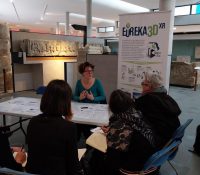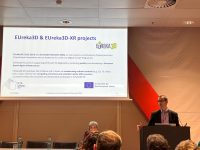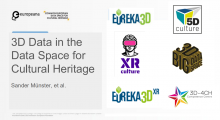
CC-BY Qian Songyan, Östasiatiska museet via Europeana
EU funded PAGODE – Europeana China project is making an impact on education, being included in a students project for the Master in Cultural Studies at KU Leuven. The organizing students of this “PAGODE group” are Gelan Cen, Lilia Chalakova, Shau Zou Fong, Jing Yun and Emily Jayne Benson-Kallman.
The project includes two elements, a video competition and an annotation sprint of digital collections. Both tasks are based on PAGODE’s crowdsourcing campaign launched in Autumn 2020, where a wealth of images about Chinese Heritage cultural collections, sourced from Europeana and carefully selected by PAGODE’s curator Sofie Taes, is available for users to play with.
In the video competition, participant students are expected to select one, several or a series of pictures from the Scenes and People from China campaign in the PAGODE crowdsourcing page and explain the reasons for their choices by recording a nice video to be shared on social media. The videos will be evaluated by an independent jury basing on a detailed evaluation system, to award the nicest one.
In the annotation sprint, participant students will be challenged to join the effort of annotating and curating photographic materials about Chinese culture that are currently published in Europeana, by looking at the images and adding descriptive tags selected from controlled vocabularies. Each addition counts points to the user, who is ranked in a lively classification of top-scoring. The annotation sprint will be open until 22nd of May and the overall target is to reach 24.000 annotations. The student who will have reached the higher score will be awarded as the winner. Afterwards, the annotations will be reviewed and validated by PAGODE experts and then sent to Europeana for publication.
The organizing students of the “PAGODE group” say “We are expecting to hear different voices from Chinese culture lovers by offering a unique opportunity for you to have an inner conversation with yourself. Every participant, in this case, can be recognized as a citizen historian who makes substantial contributions to safeguarding the memory of their past and paving a promising path for the future of their ethnicity. We hope, by holding an interactive and engaging event based on social media, we will be able to send the message that it is interesting and fashionable to talk about cultural heritage. Every piece of cultural heritage is a vivid and faithful reflection of daily life in the past. Therefore, people should be handed the power to share what they think about a particular cultural heritage and why they feel related to it.”



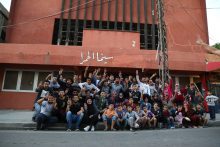
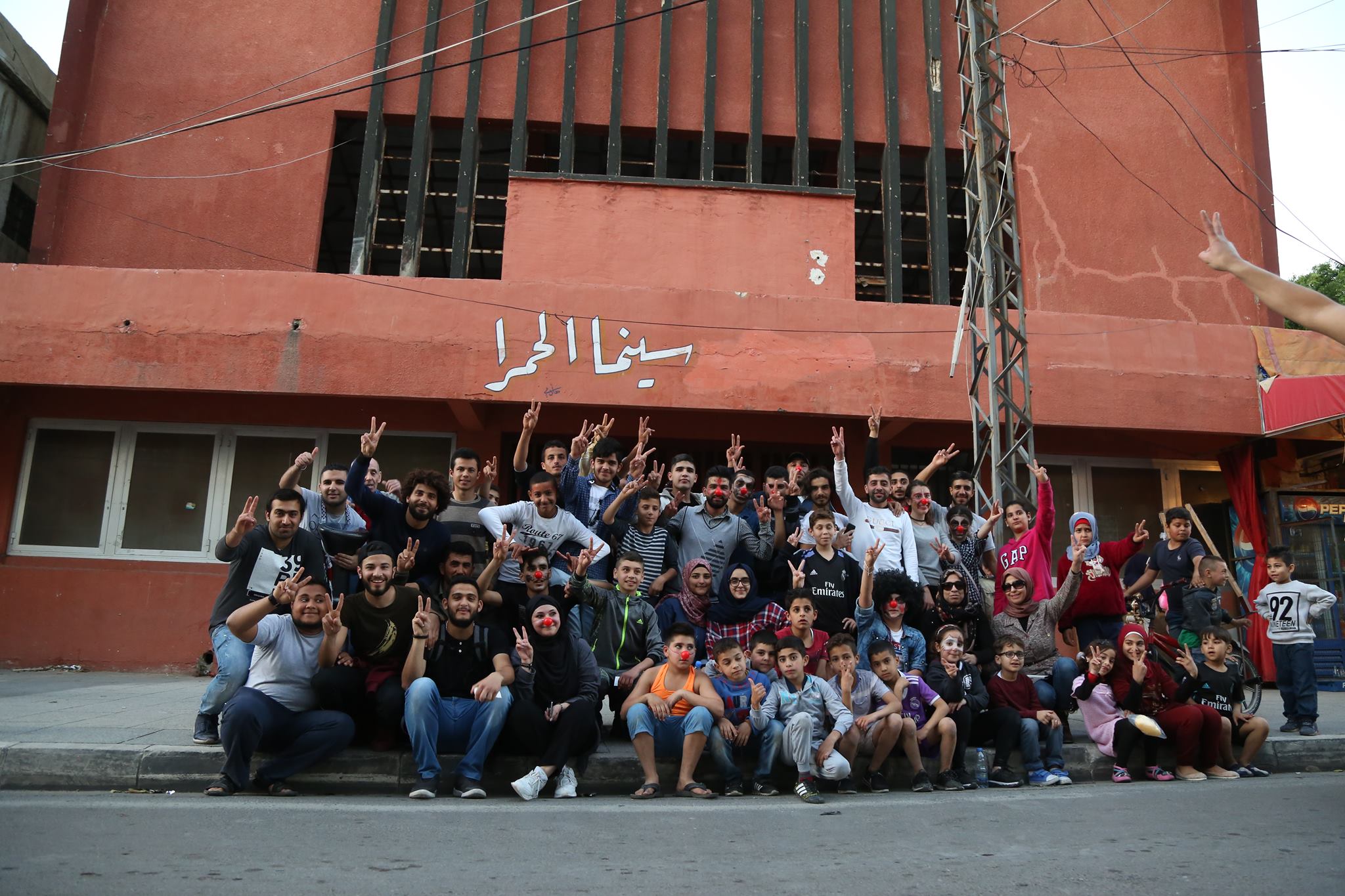
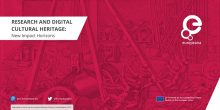
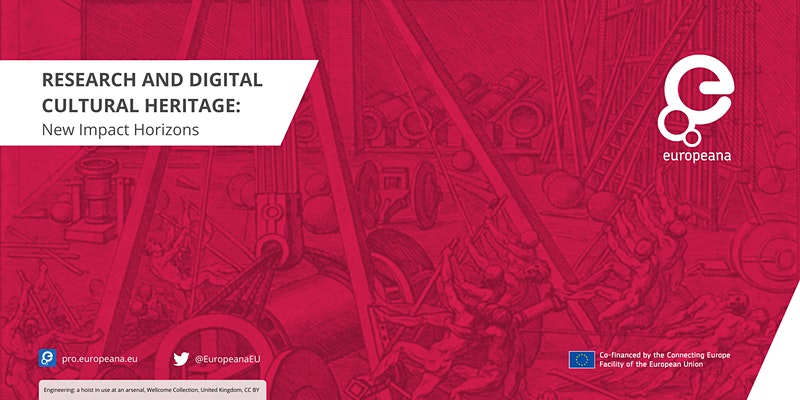
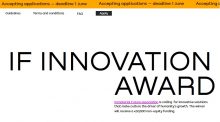
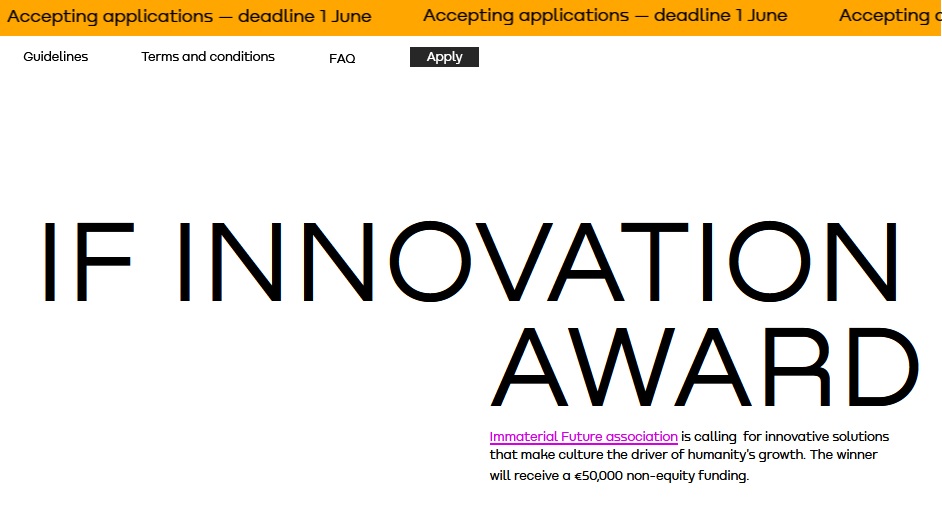

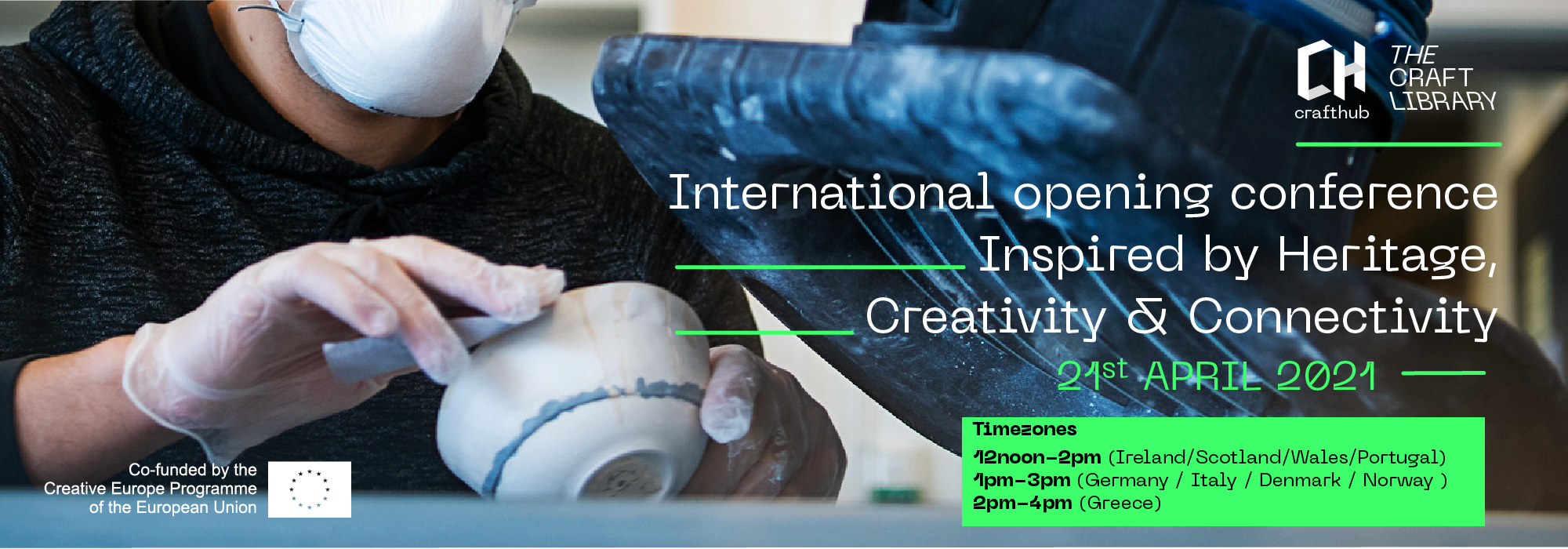 Craft Hub is a European project co-funded by the Creative Europe Programme focused on Craft in the context of cultural heritage and its continuing relevance in contemporary practice.
Craft Hub is a European project co-funded by the Creative Europe Programme focused on Craft in the context of cultural heritage and its continuing relevance in contemporary practice.
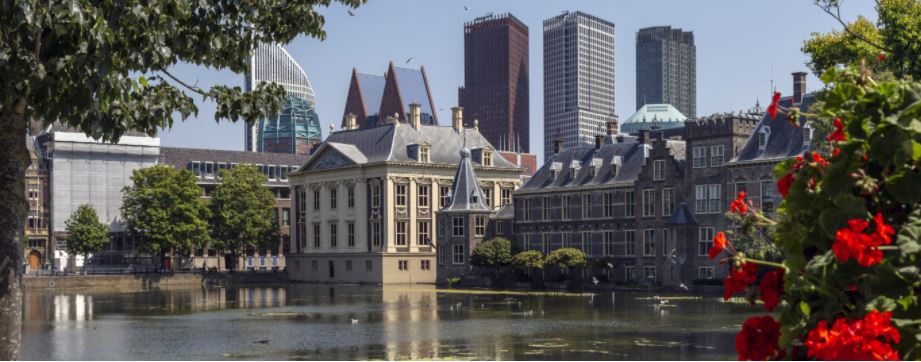 HERILAND is a pan-European research and training network on cultural heritage in relation to Spatial Planning and Design. It is funded by the
HERILAND is a pan-European research and training network on cultural heritage in relation to Spatial Planning and Design. It is funded by the 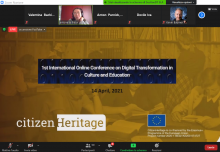
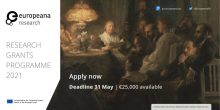
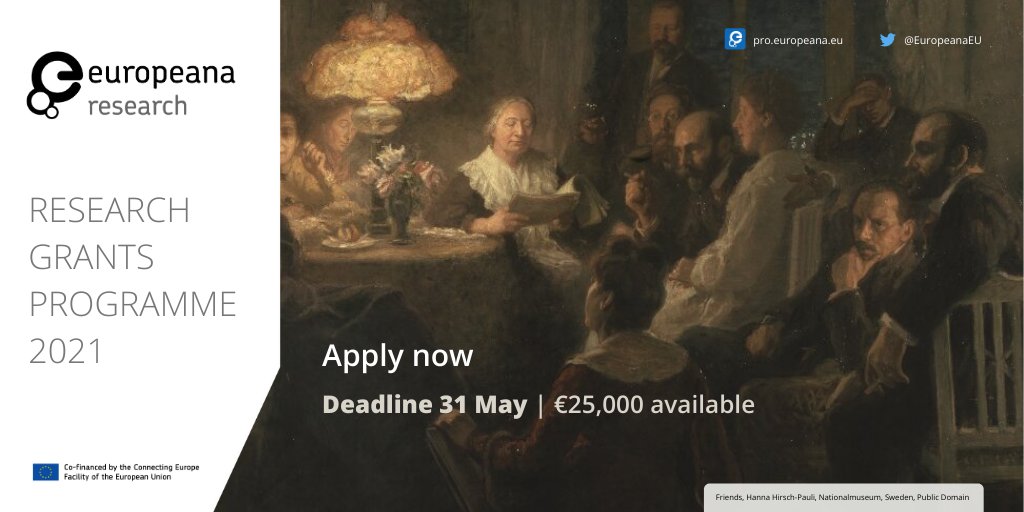
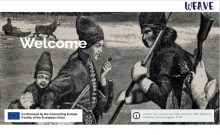
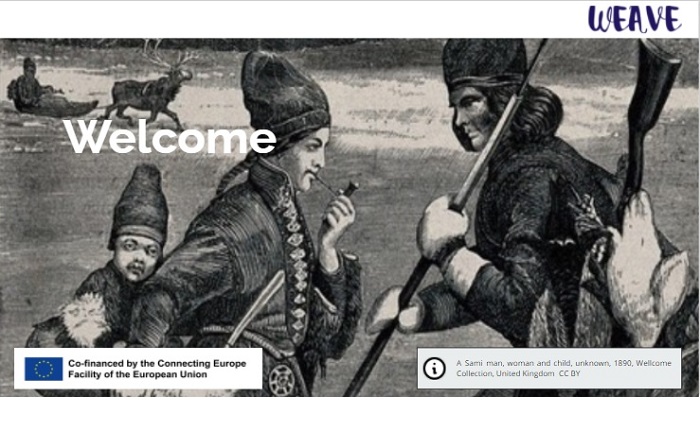
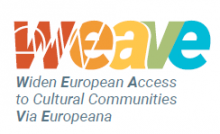 WEAVE will contribute to preserving for future generations the richness of the European identity and its cultural plurality. In particular, the project will aggregate over 5,000 new high-quality records to Europeana related to the rich and invaluable cultural heritage of minority cultural communities, and showcase these collections in a set of engaging editorials and a virtual exhibition. The project will carry out several capacity building activities to develop a closer connection between cultural heritage institutions (CHIs), minority cultural communities and Europeana.
WEAVE will contribute to preserving for future generations the richness of the European identity and its cultural plurality. In particular, the project will aggregate over 5,000 new high-quality records to Europeana related to the rich and invaluable cultural heritage of minority cultural communities, and showcase these collections in a set of engaging editorials and a virtual exhibition. The project will carry out several capacity building activities to develop a closer connection between cultural heritage institutions (CHIs), minority cultural communities and Europeana.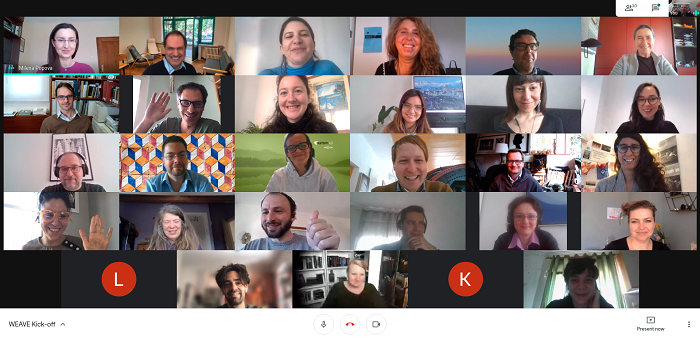
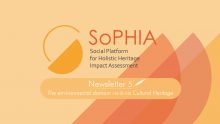
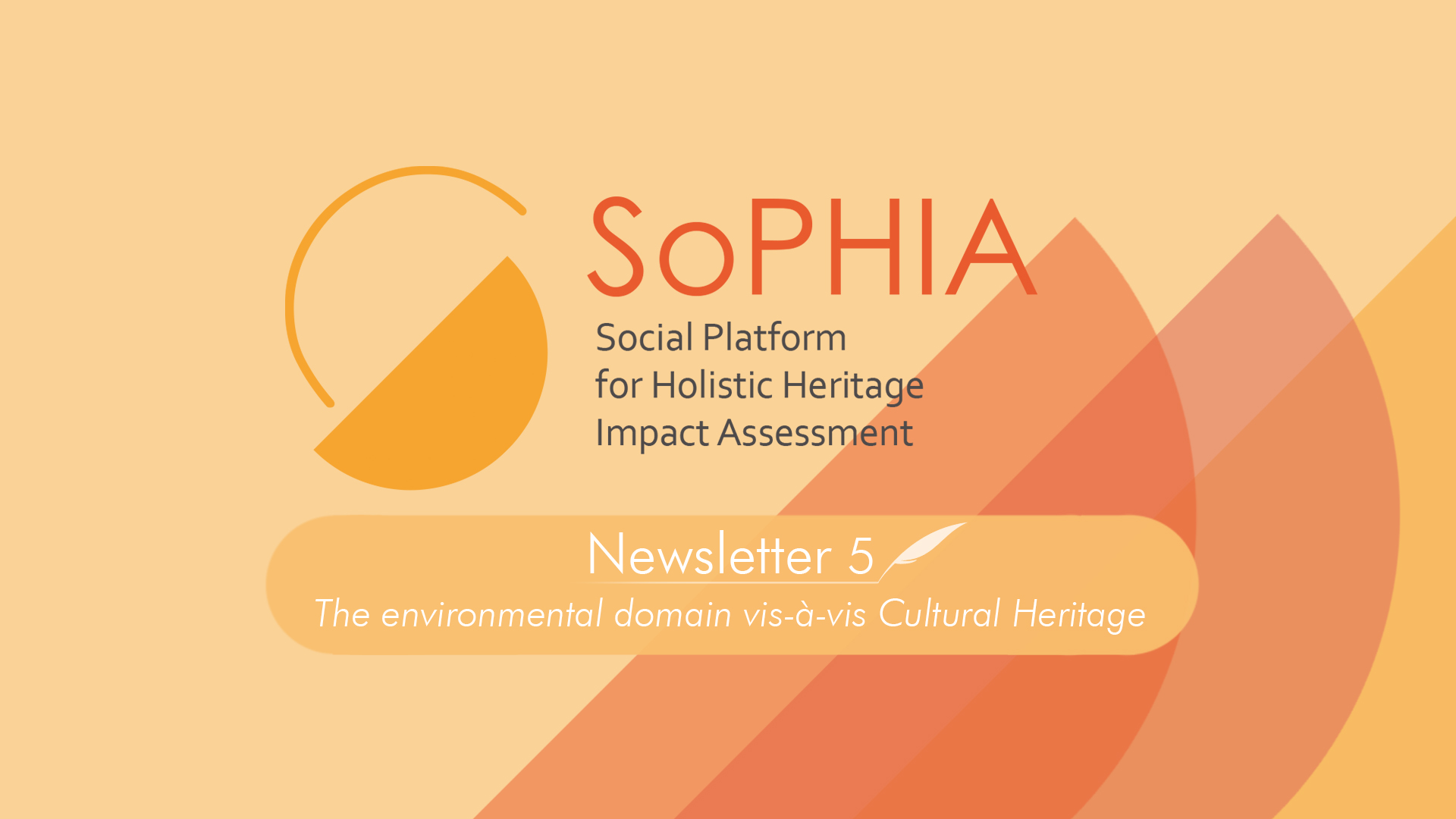 SoPHIA – Social Platform for Holistic Impact Heritage Assessment aims to promote collective reflection within the cultural and political sector in Europe on the impact assessment and quality of interventions in historical environment and cultural heritage at urban level.
SoPHIA – Social Platform for Holistic Impact Heritage Assessment aims to promote collective reflection within the cultural and political sector in Europe on the impact assessment and quality of interventions in historical environment and cultural heritage at urban level.






